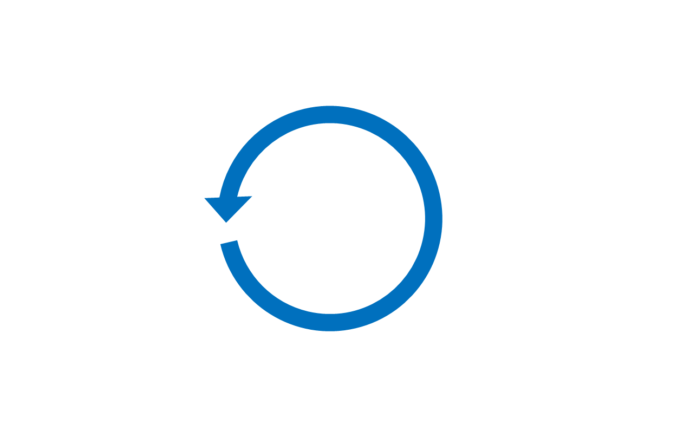Magic Johnson once said: “When you face a crisis, you know who your true friends are.” I would like to re-write the quote to say: “When you face a crisis, you get to know who your true self is.”
Let me explain.
The global professional speaker market was one of the first industries to be hit by the Corona crisis. Travel bans and restrictions for large gatherings of people did not help. Conferences have been canceled left, right and center and the whole MICE industry (Meetings, Incentives, Conferences and Events) is now one of the most hit industries that have come to more or less a complete stop. The professional speaking industry is at the center of this.
For 20+ years speaking at big conferences has been my, and many of my peers, main source of income (supplemented by a much smaller percentage of book sales). So when speaking bookings went down to zero, what did speakers do?
The answer is that they did different things!
– Some started selling like never before
– Some pivoted to produce online courses
– Some went into book writing mode.
– Some did nothing and just went on a vacation to wait it out
– Some did other things
My point is that what you decided to do INSTEAD is crucial. It will give you an indication of who you are beneath the “speaker identity”.
If you went into selling mode, you are a salesperson.
If you went into producing online courses you are a teacher
If you went into book writing mode you are an author
If you did nothing you are – at your core – a speaker (If you went into “wait it out mode” to get back to speaking later.) If you went into “vacation mode” because you wanted to enjoy some free time, you are – at your core – a speaker because you enjoy the freedom it gives you to take time off…
I went into research mode.
There have been a few times in my 20+ years as a professional speaker that I have done more interviews than I have done in the last month.
I always do interviews, but now that I have had more time I have done more interviews.
I define myself as “The Creativity Explorer” – as in someone who goes to explore human creativity – and doing research and interviews to better understand human creativity is a big part of exploring creativity.
My speaking is just a venue to tell the stories of all I have learned from interviewing people.
During the last few weeks I have learned that interviewing people actually give me AS MUCH satisfaction as standing on the stage speaking.
Yes, I miss the energy that I get from speaking from the stage. But I am as motivated today as I was, say 6 months ago – pre-Corona. I wake up every morning saying “What can I learn about creativity today? Whom will I interview? What will they teach me? How can I get those lessons out? How can I share the insights that I learned in the best way?
At my core I am a researcher. An interviewer. An explorer. The Creativity Explorer.
And yes, when the world goes back to holding conferences again I can not WAIT to go back up on that stage and share my message about the power and potential of human creativity – and I will have a lot of new, fresh content to share. But at the moment I am very much in “interview to learn more mode”.
Who are you as a speaker when you do not get to speak? The answer to that question should be easy to dig into in times like this.
And that insight should be strong and very valuable to find out for a speaker.
Who are you underneath that speaker identity?


